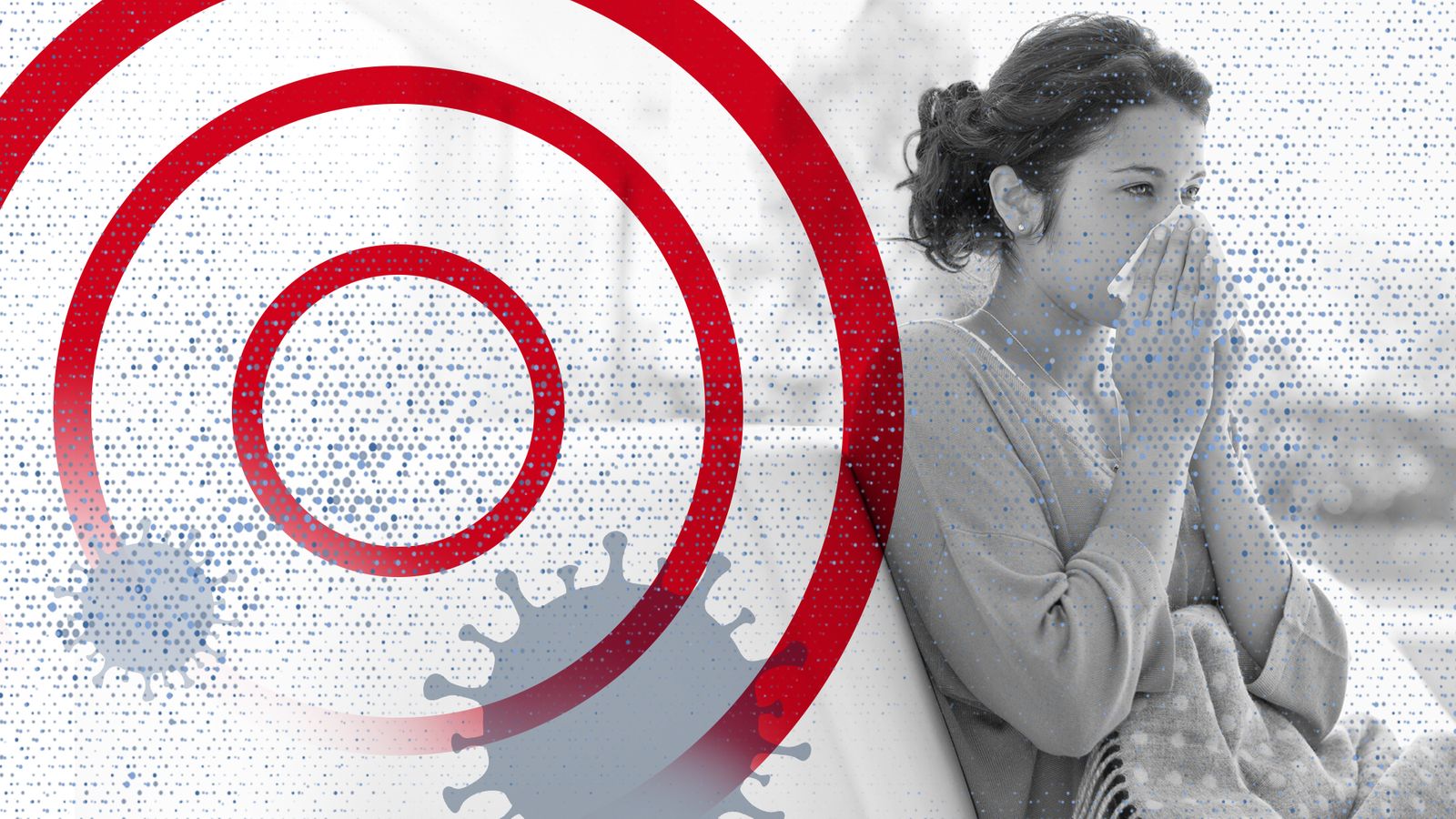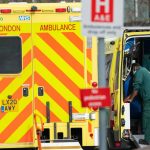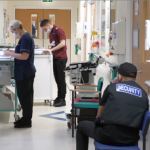As COVID-19 restrictions have been lifted in recent weeks, there’s been a surge in respiratory illnesses that usually peak during the winter months.
Infections other than COVID fell over the past year due to limits on socialising, improved hygiene and mask wearing. This reduced the build-up of antibodies that protect people against illness, creating what experts are calling an “immunity debt”.
The UK is already beginning to see an uptick in respiratory illnesses such as RSV, a common respiratory virus that causes bronchiolitis.
More than three in five children usually catch RSV by their first birthday, but public health officials believe that lockdowns and school closures meant many have escaped infection.
That means fewer children are immune to RSV, which in turn has led to a rise in cases as restrictions are lifted. In the week to 4 July, RSV positivity in England increased to 3.4% from just 0.1% two months earlier, according to Public Health England (PHE) data.
As early as May, PHE issued a warning about a potential surge in cases in the coming autumn and winter. Its modelling suggests that between 20% and 50% more cases will need hospitalisation, requiring a doubling of paediatric intensive care beds later in the year, according to reporting by the Health Service Journal.
RSV is more deadly for young children than COVID. It accounts for more than 5% of global deaths in under-fives, according to the 2015 Global Burden of Disease Study.
A similar surge is expected in flu cases, which have been in the low single figures in England over the past year, according to the Datamart flu surveillance system. In most years, there are between 10,000 and 30,000 deaths from flu in the UK.
Neil Ferguson, an epidemiologist at Imperial College London, told the BBC Today programme: “All the measures we adopted against COVID around the world drove flu to very low levels and basically nobody got infected with flu last year.
“I think we do need to be prepared for a potentially quite significant flu epidemic later this year.”
Countries that have eased COVID restrictions are already seeing a surge in respiratory illnesses. In the US, ten times as many antigen tests for RSV are now coming back positive than at the end of February.
In New Zealand, case rates of severe acute respiratory illness (SARI) were almost four times lower last winter compared with the previous year. But as the country enters this flu season, respiratory infections are on the rise.
Almost 1,000 RSV cases have been recorded in New Zealand in the past five weeks, compared with an average 1,743 cases over the entire 29-week winter season in the five years previously, according to the Institute of Environmental Science and Research.
Professor Simon de Lusignan, Director of the RCGP’s Research and Surveillance Centre, says that hopefully the increase in infections in the UK is just an adjustment back to normal, but the unclear picture means that immunisation programmes have a critical role to play.
Public health experts have already warned about the potential burden on the NHS that could exacerbate pressure from the backlog of routine operations, which could reach 13 million patients, according to health secretary Sajid Javid.
Professor Chris Whitty said: “The winter is inevitably going to be tricky and this winter the NHS is likely to have both COVID and some resurgence of other respiratory viruses that were suppressed by the degree of lockdown last time round.
“So I think we should be realistic and this coming winter may be very difficult for the NHS.”
The Data and Forensics team is a multi-skilled unit dedicated to providing transparent journalism from Sky News. We gather, analyse and visualise data to tell data-driven stories. We combine traditional reporting skills with advanced analysis of satellite images, social media and other open source information. Through multimedia storytelling we aim to better explain the world while also showing how our journalism is done.






















